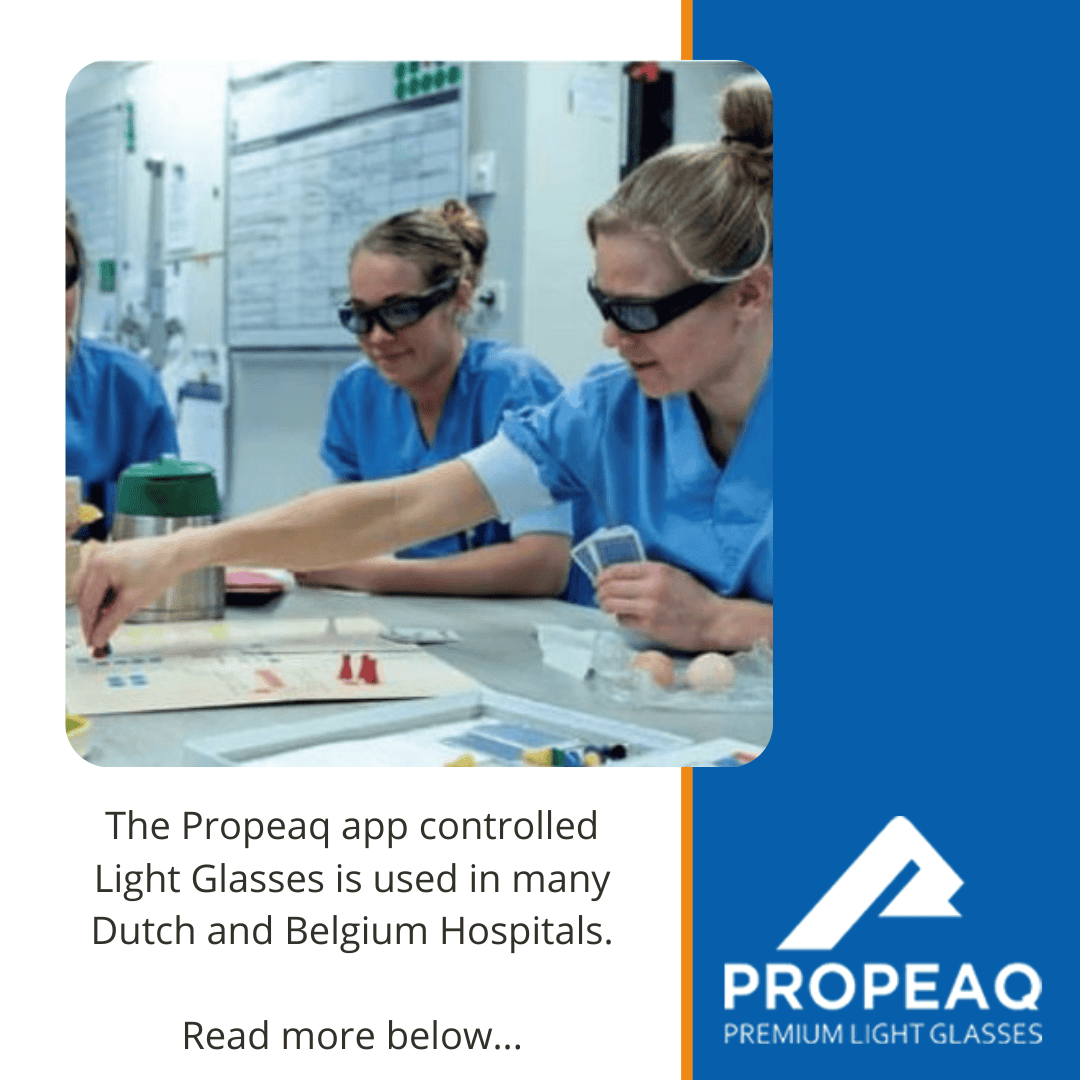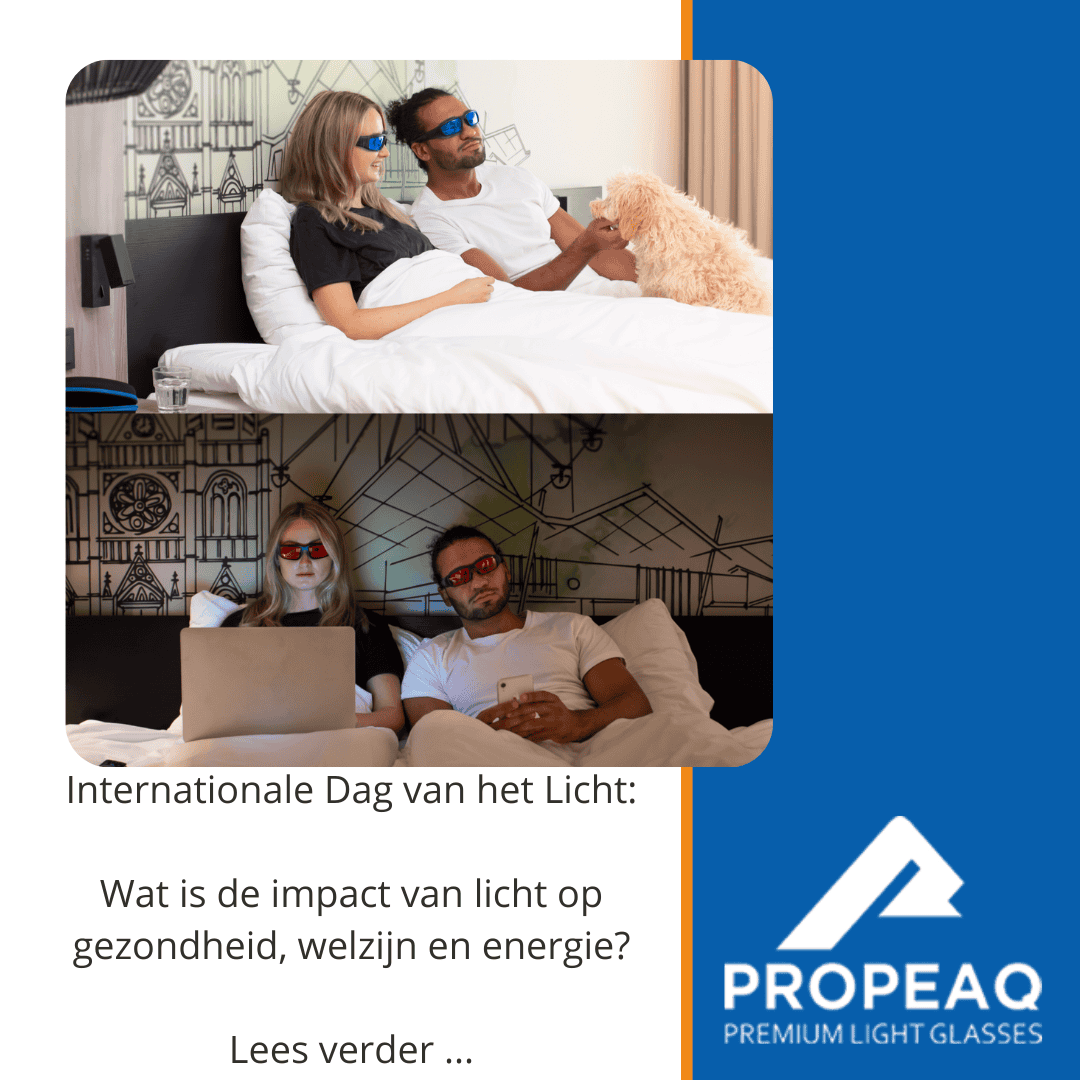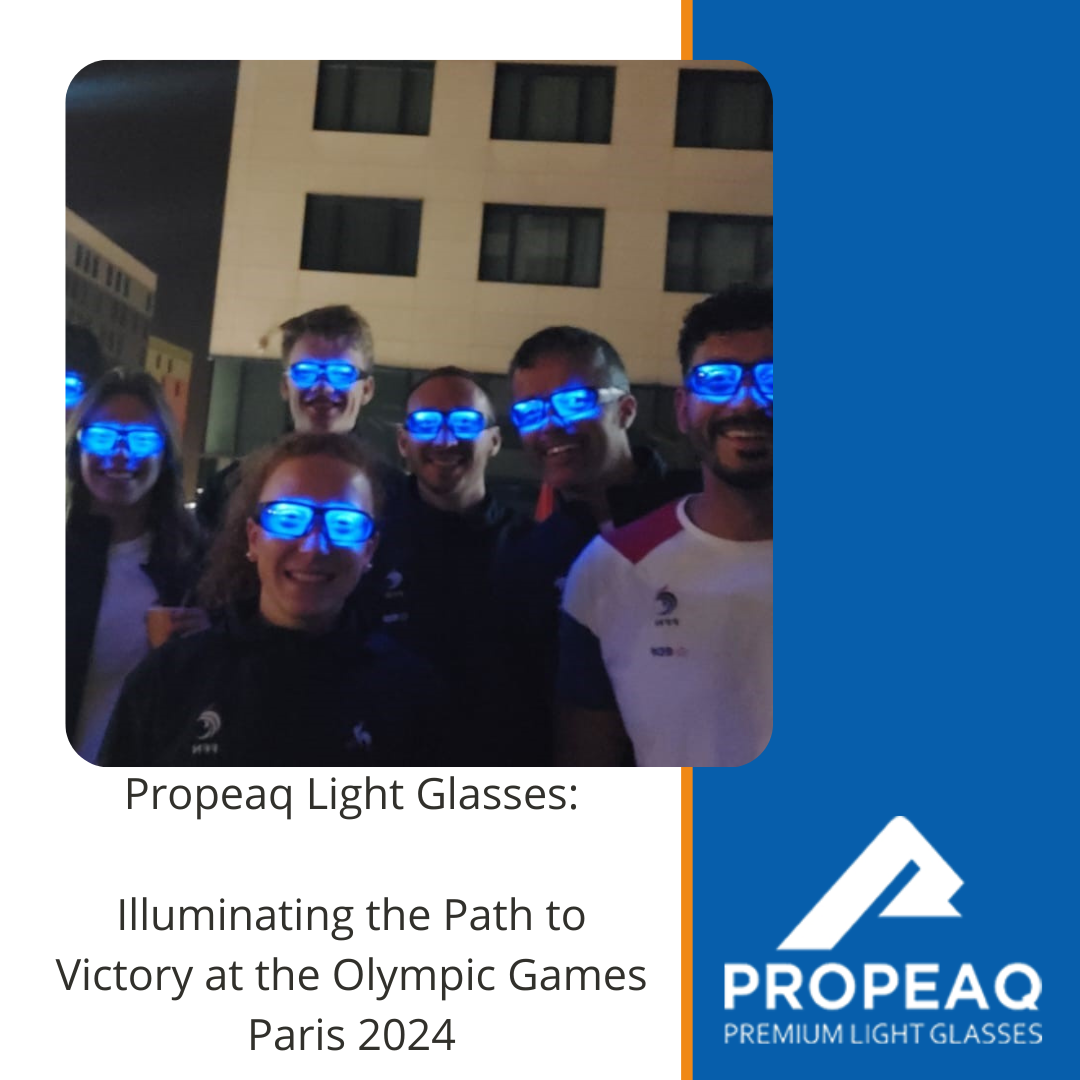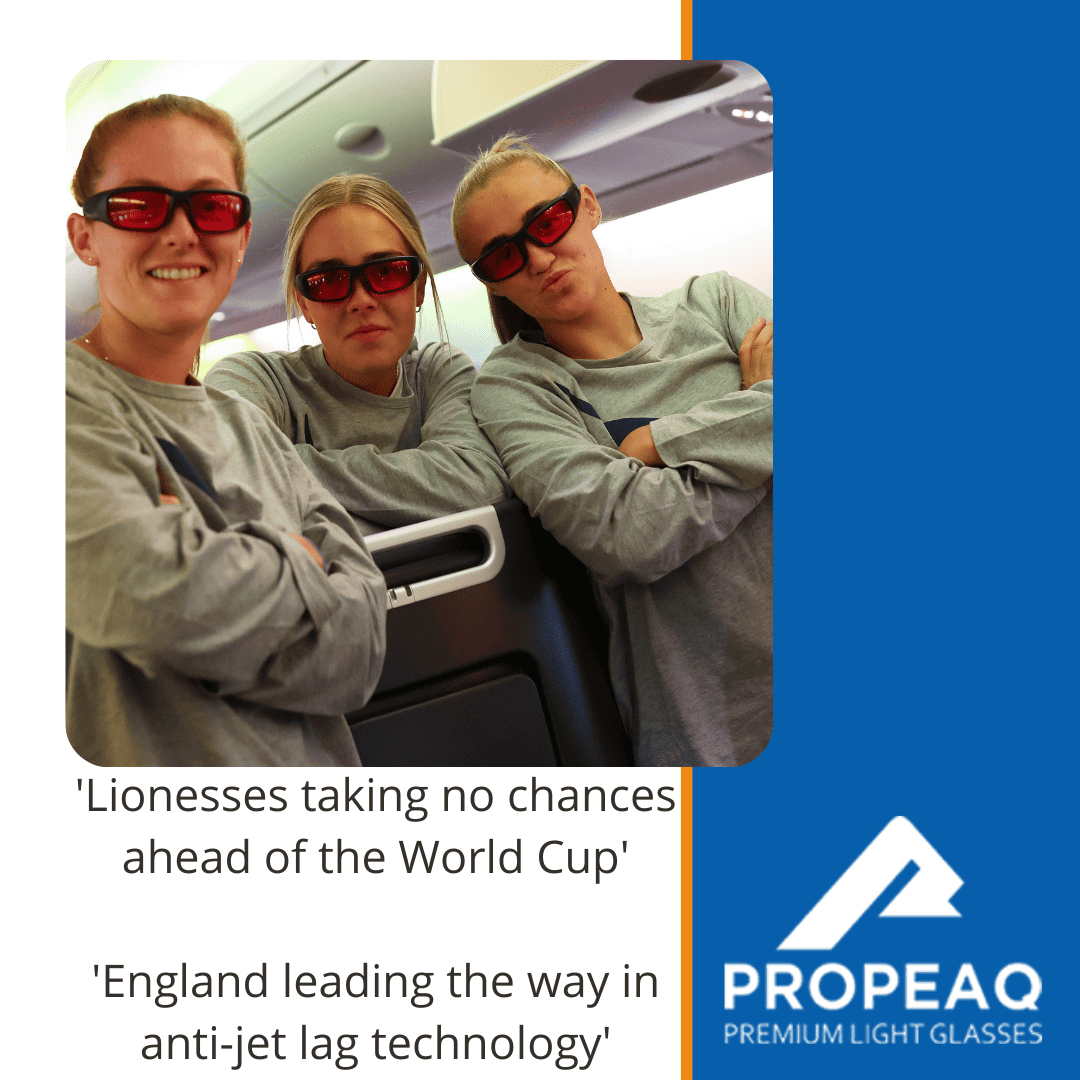A study by Erasmus MC shows that no less than 12 percent of Dutch women experience depression during pregnancy. Light therapy helps with this depression, the study shows. In this article we explain exactly how that works.
This study tested both a group of pregnant women undergoing light therapy and a group of pregnant women exposed to a placebo.
acknowledgement
The Erasmus MC study shows that both the group exposed to light therapy and the placebo reported a reduction in depressive symptoms. “How this is possible is unknown” says Babette Bais, scientific researcher who obtained her doctorate for this research. In addition, Bais says they think that some recognition of the problem plays a role in alleviating the complaints.
If it does not help, it does not harm
Light therapy is a welcome addition because currently these types of depression are treated according to the guidelines with psychotherapy or antidepressants.
Light therapy had already proven itself in common depression and seasonal depression, the well-known winter depression, so Bais wondered whether it would also work for pregnant women with depression. “There were already two previous studies, but they were too small and therefore unreliable. Many factors play a role in pregnancy, just take those hormonal changes. ”
Depression during pregnancy
Why so many women become depressed during their pregnancy is also a mystery. “There are ideas about: the change in the hormone balance, sleeping problems. People often find it strange from an evolutionary point of view, I often hear. In order to guarantee our reproduction, it would be said that women should not be depressed during their pregnancy. ”
Then Bais says; “That is why we set up a very extensive study, in which women were followed for longer, and in which we collected bodily material to do additional research. Light therapy for pregnancy depression has never been studied so extensively. ”
The results
The women were divided into two groups, of which one group received therapy with strong light, the other with dim red light. “Depression scores improved by 41.2 to 50 percent in the strong light group, and by 45 to 58.6 percent in the dim red light group. Both groups underwent light therapy every day for half an hour, half an hour after awakening. Most women reported a positive effect on their depression. ”
How that positive effect was then achieved will be further investigated. “We collected urine, hair and saliva for cortisol and melatonin measurements. And the women wore an activity monitor during those six weeks that could be used to say something about sleep patterns. All that data has yet to be analyzed. But I conclude that light therapy may be a safe, effective and cheap alternative to pharmacological treatment of pregnancy depression. ”
Source: www.amazingerasmus.nl












